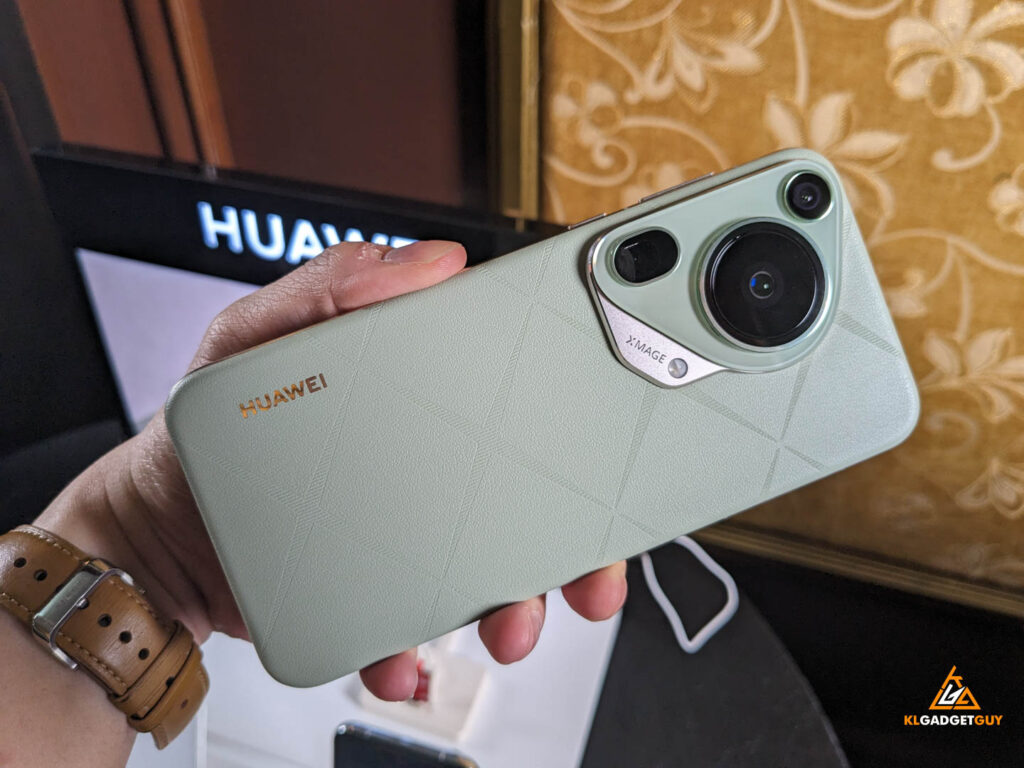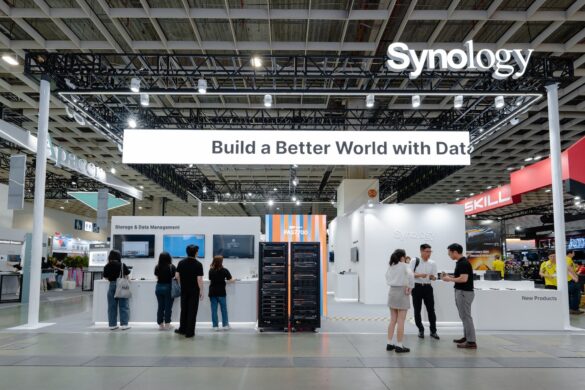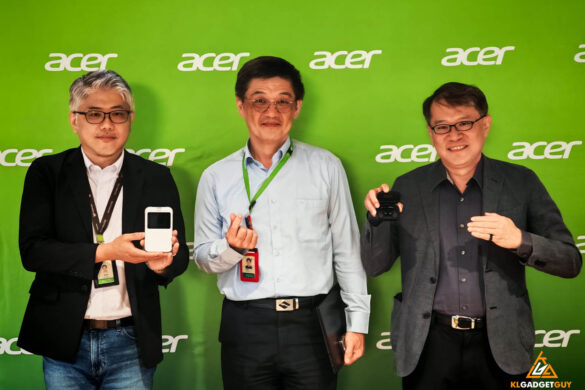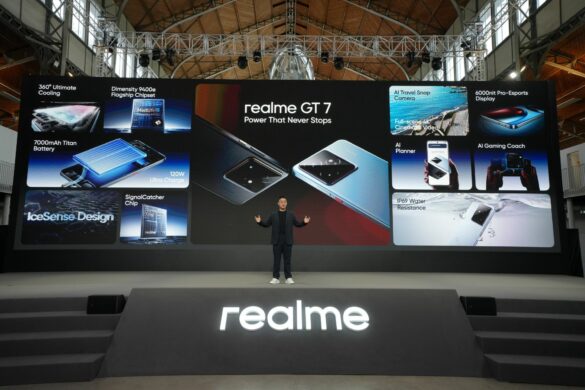Huawei is nearing a milestone of 1 billion active users for its consumer devices, highlighting the company’s significant presence in the Chinese market despite U.S. sanctions, and posing a strong challenge to Apple.
According to Bloomberg, Richard Yu, chairman of Huawei’s consumer business, announced that the HarmonyOS ecosystem has surpassed 900 million devices, a notable increase from just a few months ago.
During the Huawei Developer Conference on Friday, Yu reported a 72% increase in sales of Huawei’s high-end smartphones during the first five months of 2024. These impressive figures reflect the rapid growth of Huawei’s smartphone business since the launch of the Mate 60 Pro, which features a 7nm processor that U.S. officials believed Chinese companies could not develop.
This surge has driven Huawei’s first-quarter profits up by 564%, capturing market share from both Apple and other Chinese competitors.
“No one can extinguish the starlight,” Yu told the audience, emphasizing the unstoppable momentum of the HarmonyOS ecosystem.
Yu revealed that Huawei plans to release the next iteration of its flagship smartphone, the Mate 70, by the end of this year. The HarmonyOS Next will be officially used in the Mate 70 series, severing the remaining ties with Google’s Android.
Yu also mentioned that the consumer beta version will be released in August.
Over the past few years, Huawei has expanded the use of HarmonyOS from smartphones to a wide range of devices, including watches and televisions. According to IDC, Huawei shipped approximately 11 million wearable devices in the first quarter, surpassing Samsung Electronics.
Counterpoint Research indicates that HarmonyOS overtook Apple’s iOS in market share in China during the first quarter, aided by the growing user base.
As the user base expands, Huawei is actively seeking ways to monetize the HarmonyOS ecosystem.
Huawei has also made strides in the AI field, with its Ascend processors being a key part of its expanding chip portfolio. Nvidia CEO Jensen Huang has acknowledged Huawei as a formidable competitor.
On Friday, Yu stated that the Ascend processors are 1.1 times more efficient than mainstream products for training AI models, although he did not specify which companies he was comparing.
Huawei has established three AI data centers in China using Ascend chips to assist local companies in developing and hosting AI services.




